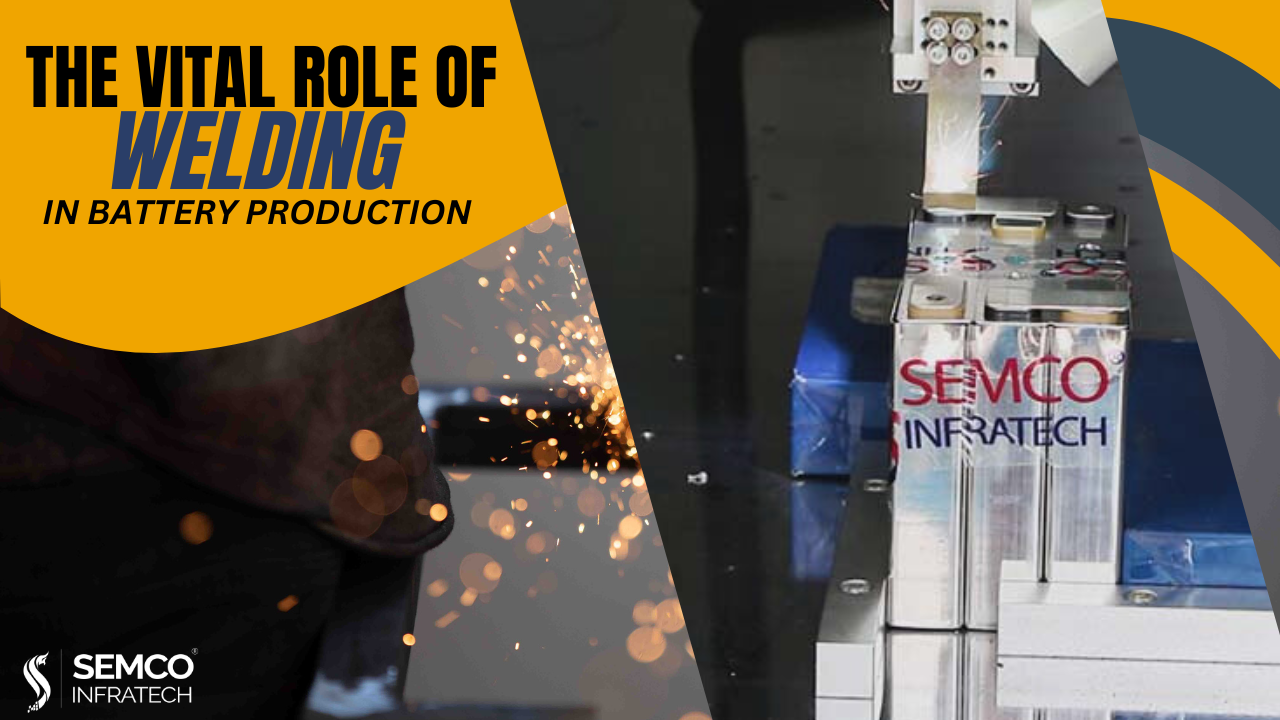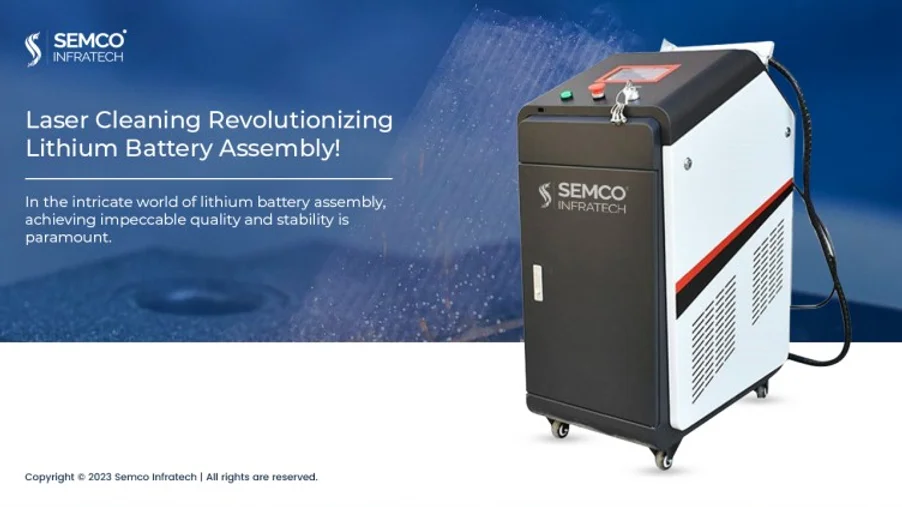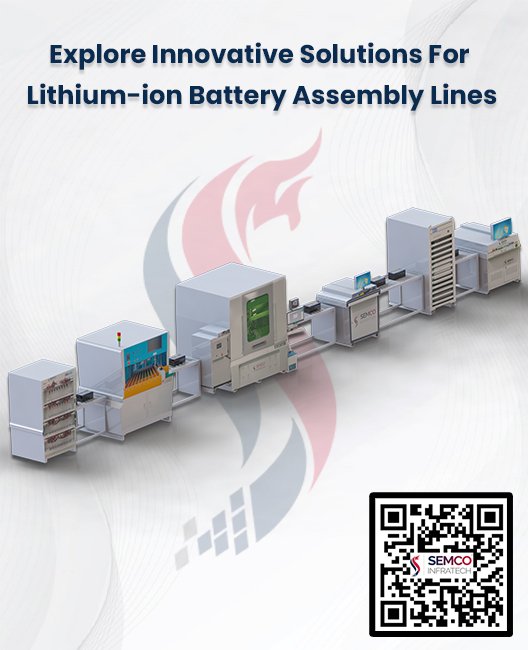The rise of electric vehicles (EVs) has surged the demand for high-performance lithium-ion batteries. Therefore, the manufacturers are upgrading their lithium-ion battery assembly equipment. One machine that significantly improves the quality and speed of lithium-ion battery production is the laser welding machine. Let’s discuss more about it and know what it adds to a production line that makes it a game changer.
Importance of Prismatic Laser Welding
Prismatic is one of the three most common types of battery cells and a prismatic laser welding machine is used for welding prismatic cells. It is designed for high precision and utilizes a specially designed laser beam to create high-quality welds in battery components. Here’s how it elevates battery production:
- Superior Power and Efficiency: Compared to conventional laser welding systems, prismatic laser welding equipment delivers significantly higher power output (kilowatts to tens of kilowatts). This translates to faster welding speeds and deeper penetration, making it ideal for welding thicker battery components and ensuring structural integrity.
- Enhanced Weld Quality: The unique elliptical or rectangular shape of the prismatic laser beam allows for better energy distribution and control over the molten metal (weld pool). This minimizes heat input, reduces distortion, and ultimately leads to stronger, more reliable welds. Therefore it is widely praised by manufacturers and sold by battery manufacturing equipment suppliers.
- Precision is Key: Prismatic laser welding machines boast exceptional focusing capabilities. They maintain a consistent beam diameter throughout the process, crucial for achieving precise, repeatable welds in delicate battery components with tight tolerances and complex geometries.
- Smart Features for Optimized Production: Modern prismatic laser welding machines are equipped with advanced features like real-time monitoring and feedback systems. These features ensure consistent weld quality and allow for the fine-tuning of welding parameters for diverse materials and applications used in lithium-ion battery production.
Benefits for Indian Battery Manufacturers:
- Improved Productivity: Faster welding speeds offered by prismatic machines translate to increased production output for Indian battery manufacturers.
- Enhanced Battery Quality: Superior weld quality ensures robust battery packs with better performance and safety characteristics.
- Reduced Costs: Faster production and minimized material waste contribute to overall cost reduction in battery manufacturing.
- Versatility for Future Technologies: The ability to handle thicker materials makes prismatic welding machines adaptable to future battery innovations.
The Future of Prismatic Laser Welding
As the demand for EVs and high-performance batteries continues to increase, laser welding machines in India, particularly prismatic lithium battery pack welding machines, are poised to play a pivotal role. Lithium-ion battery Equipment Suppliers who invest in this technology will be well-positioned to cater to the evolving needs of the Indian battery manufacturing industry.






